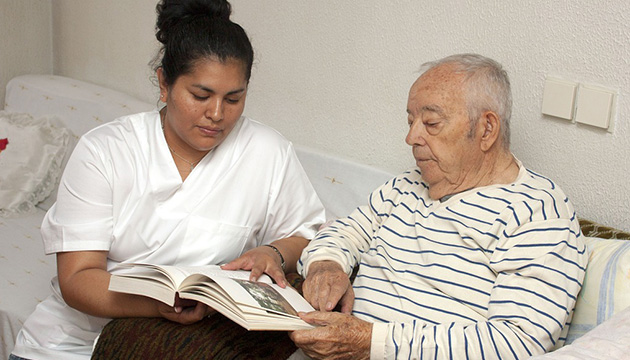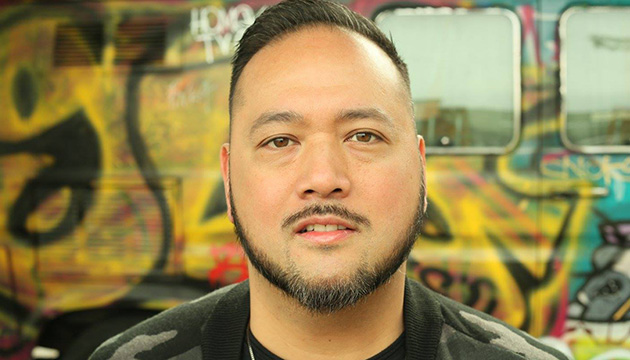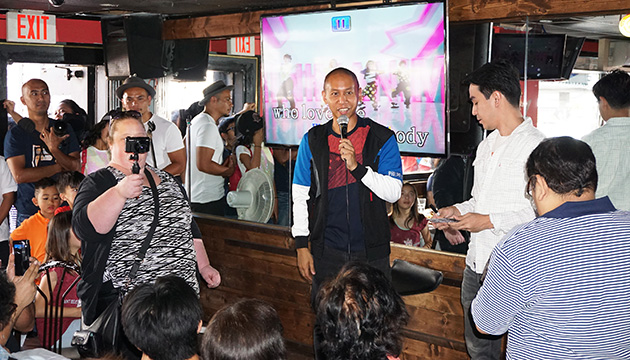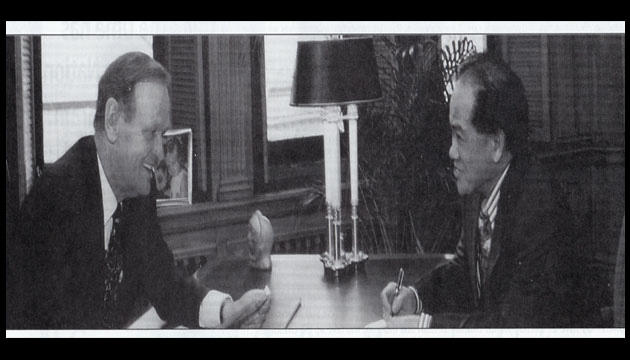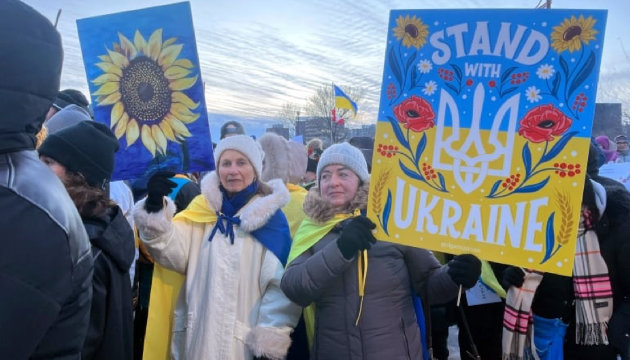In recognition of the role of overseas Filipinos in nation-building, the Philippine government established the Commission on Filipinos Overseas (CFO) in 1980 in order to engage Filipinos abroad and strengthen their links to the home country.
As an update to its functions, the CFO issued in 2016 a memorandum (CSC MC No. 23, S. 2016) regarding the employment of Filipinos with dual citizenships in Philippine government service.
Based on a CFO press release, under the CSC MC, Filipinos with dual citizenship must first give up their foreign citizenship under oath before they can run for public office or get hired for government service. The main basis of the MC is RA 9225 (Philippine Dual Citizenship Law), which requires those seeking elective public office in the Philippines to renounce their foreign citizenship.
Supporters of the MC also cite the following reasons in support of this new policy: (a) allowing dual citizens to work for the government could be a potential threat to democracy, especially if they could gain access to state information concerning national security; and (b) being part of government service entails a great deal of sacrifice, love and loyalty to one’s country.
According to the 2013 CFO stock estimates, there were 10.24 million Filipinos living or working in more than 200 countries and territories, 48 percent of whom were immigrants or legal permanent residents abroad, 41 percent were temporary migrants or those whose stay abroad is work dependent—including sea-based workers - were 11 percent are irregular migrants or those abroad without a valid residence or work permit.
It should be noted that while some 1.8 million Filipinos go abroad for employment every year, the number of permanent residents abroad exceeds that of overseas Filipino workers who only have short term cyclical work overseas, and usually return to the Philippines after two years.
The 10 countries with the highest number of overseas Filipinos are the United States, Kingdom of Saudi Arabia, United Arab Emirates, Malaysia, Canada, Australia, Italy, United Kingdom, Qatar and Singapore.
Although the Philippines is widely recognized as one of the main sources of skilled labour and manpower, the country has moved beyond basic labour migration as Filipinos migrate for reasons other than employment, such as family reunification, marriage to foreign nationals, educational opportunities, and professional advancement.
As early as 1975, the Philippine government has instituted several programs to tap the skills of its expatriate professionals and encourage them to participate in nation-building. They are:
1. Balikbayan Program of 1973 which gives airfare discounts and tax holidays to Filipino immigrants who permanently reside in a foreign country.
2. Migrant workers and Overseas Filipinos Act of 1995 for the protection and promotion of the welfare of migrants, their families and other overseas Filipinos in distress.
3. Overseas Voting Act of 2003 which allows qualified overseas Filipinos to vote in Philippine national elections. They could vote for president, vice-president, senators, and sectoral representatives.
4. Citizenship Retention and Reacquisition Act of 2003 which grants natural-born Filipinos who have lost their Filipino citizenship through naturalization in a foreign country the opportunity to retain or reacquire their Filipino citizenship by filing their application in the Philippine Embassy or Consulate which has jurisdiction over them or to the Bureau of Immigration in the Philippines.
As mandated by Batasang Pambansa 79, CFO and other government institutions serve as the forum for preserving social, economic and cultural ties of overseas Filipinos with the country through the following initiatives:
- Lingkod sa Kapwa Pilipino (LINKAPIL)
- Presidential Awards for Overseas Filipinos (PAFIOO)
- Diaspora to Development (D2D)
- Balik (Return) Scientist Program (BSP) of the DOST
- Science and Technology Advisory Council (STAC) and Transfer of Knowledge through Expatriate Nationals (TOKTEN) of the DFA
- Classroom GalingsaMamamayang Pilipino Abroad (CGMA) Project of the Department of Labor and Employment (DOLE)
(For more information on these programs, contact the Philippine Embassy in Ottawa or the Philippine Consulate in Toronto or Vancouver. See also “Dual Citizenship: All Pros and No Cons” by Atty. Anthony A. L. Mandap, Deputy Consul General at the Philippine Consulate General in Vancouver, B.C. published by Canadian Filipino Net on January, 1, 2017.)





